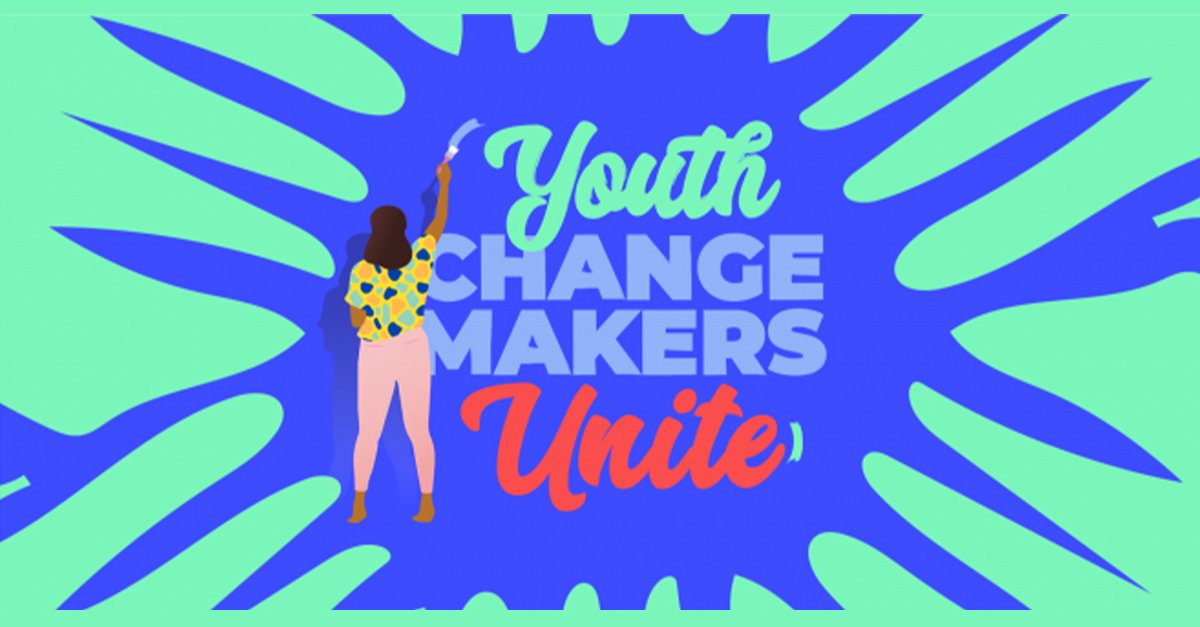
Sri Lanka, like most countries, is not immune to the consequences of online hate speech, discrimination, and misinformation. However, lately, these issues have been getting an increasing amount of attention, partly because of the COVID-19 pandemic, which continues to drive more people online, and partly because the internet is an ever evolving space that, each day, provides new opportunities to reach the masses.
Online Misogyny During COVID-19
Online violence against women has seen a dramatic increase in frequency since the arrival of COVID-19, particularly within South Asian countries. Research conducted by UN Women in India, Malaysia, and Sri Lanka found that during the months of their primary COVID-19 lockdowns (March 2020 to June 2020), the volume of misogynistic Facebook posts and tweets, along with the social media engagement they generated, in these countries went up by 168% compared to 2019.
The study also included Google trends analyses of Sri Lanka, India, the Philippines, Malaysia, and Indonesia which indicated that search volumes for misogynistic profanity, including local language slurs, shot up by 25% or more in each country.
Working to counter the harmful effects and sources of online misogyny and other forms of online hate, violence, and misinformation are a growing number of Sri Lankan social activists, many of whom are young and talented enough to harness the power of digital mediums for their cause.
UNDP’s Tool For Youth Leadership And Activism
United Creatives is a virtual programme led by the United Nations Development Programme and the European Union to aid youth leaders from Sri Lanka and the Maldives in building creative digital campaigns that help counter hate speech, amplify positive messages, and create real social change.
As such, the initiative is part of a broader strategy by the UNDP to counter online hate speech that contributes to social division, a lack of tolerance for diversity, and expressions of hate in the real world, all of which can lead to violent extremism.
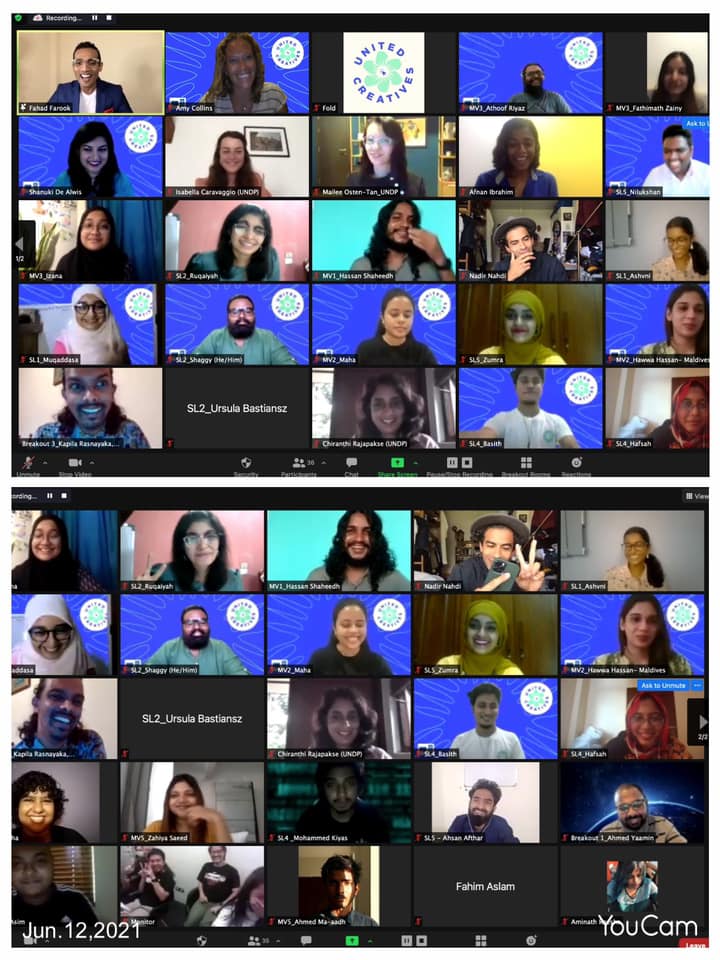
Image Credit: Shanuki de Alwis
Following a comprehensive selection process, the programme took 29 young digital content creators through 15 days of exclusive virtual training, mentorship, and tools to create digital impact as well as masterclasses from experts at Facebook, the UN and special guests. By the end of this stage, a total of seven teams were created, each tasked with creating and launching a campaign under one of three main themes:
- Promoting positive online spaces
- Amplifying youth voices and choices
- Community Journalism
Once divided into teams, these youth leaders began to experiment with a variety of creative media such as comic strips, videos, animation, and infographics to share positive social messages.
The winning campaign that emerged from Sri Lanka was #NotCoolBro, which urges men and boys to advocate for gender equality and encourages them to call out misogynistic content and comments online. Their campaign targets digital spaces that attract largely male audiences, including meme pages and online forums that may perpetuate gender stereotypes, rape culture, and hate speech under the guise of dark humor.
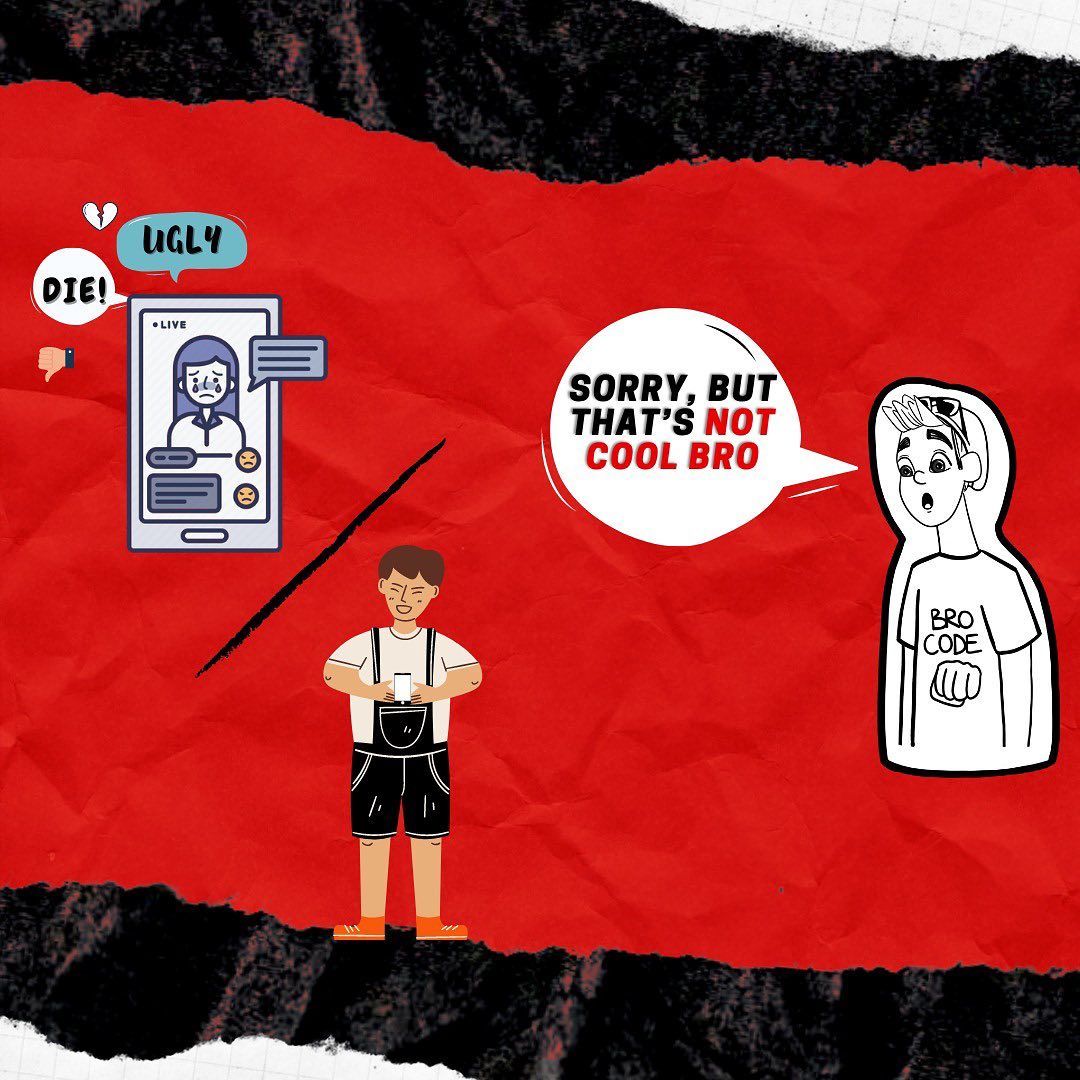
Using the anonymous persona ‘The Cool Bro’ as a vehicle for messaging, the creators behind the campaign hope to disrupt patterns of gender-based hate speech. The campaign uses a mix of videos on TikTok that encourage audiences to ‘stitch’ or respond to conversation starters and infographics as well as distribute targeted comments on meme pages.
With a host of training sessions from social media giants Facebook and TikTok, as well as YouTube influencers,experts from the UN and NGOs focused on on-the-ground peacebuilding, the participants of United Creatives studied a number of key trends and focus areas.
- Peace and development
- Engagement tactics to grab the attention of digital audience
- The power of empathetic messaging to counter hate
- How to tackle misinformation
- Storytelling techniques that promote respect for diversity and inclusion
In line with their long-term goal of driving sustainable social impact, United Creatives has already yielded promising results. A survey of the participants, which was carried out prior to and after the duration of the program, found that “89% of participants feel confident in their ability to tell effective stories for social impact online”. Along with this, “96% of the youth leaders engaged stated they were likely to continue to create content that promotes inclusion, diversity, and tolerance in the near future.”
Empowering young leaders and creators to develop socially positive campaigns, initiatives such as United Creatives are vital in fostering an environment where young aspiring change-makers can acquire the knowledge, skills, and resources they need to drive positive change and advocacy, thus tackling rising issues such as hate speech, discrimination, and misinformation within their online communities.
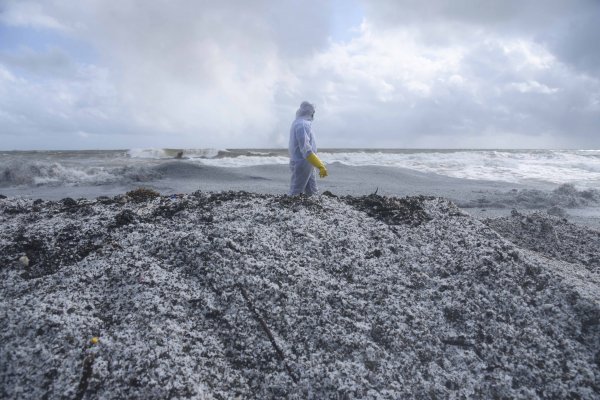

.jpg?w=600)
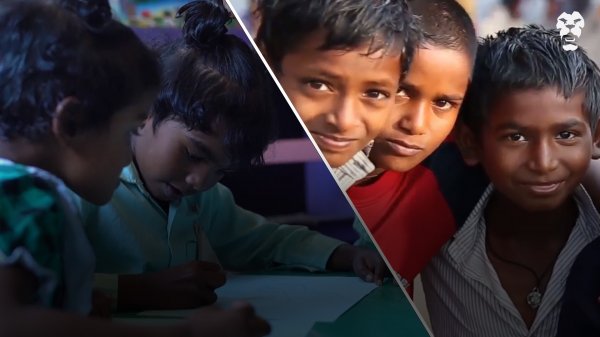

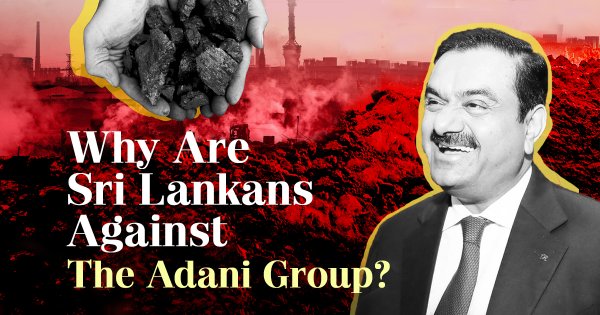
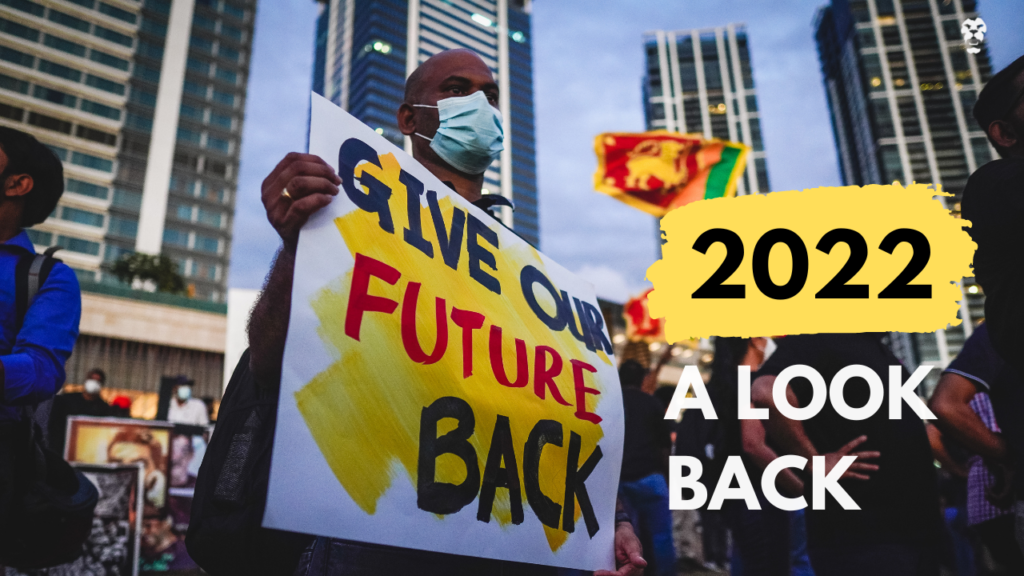
.png?w=600)